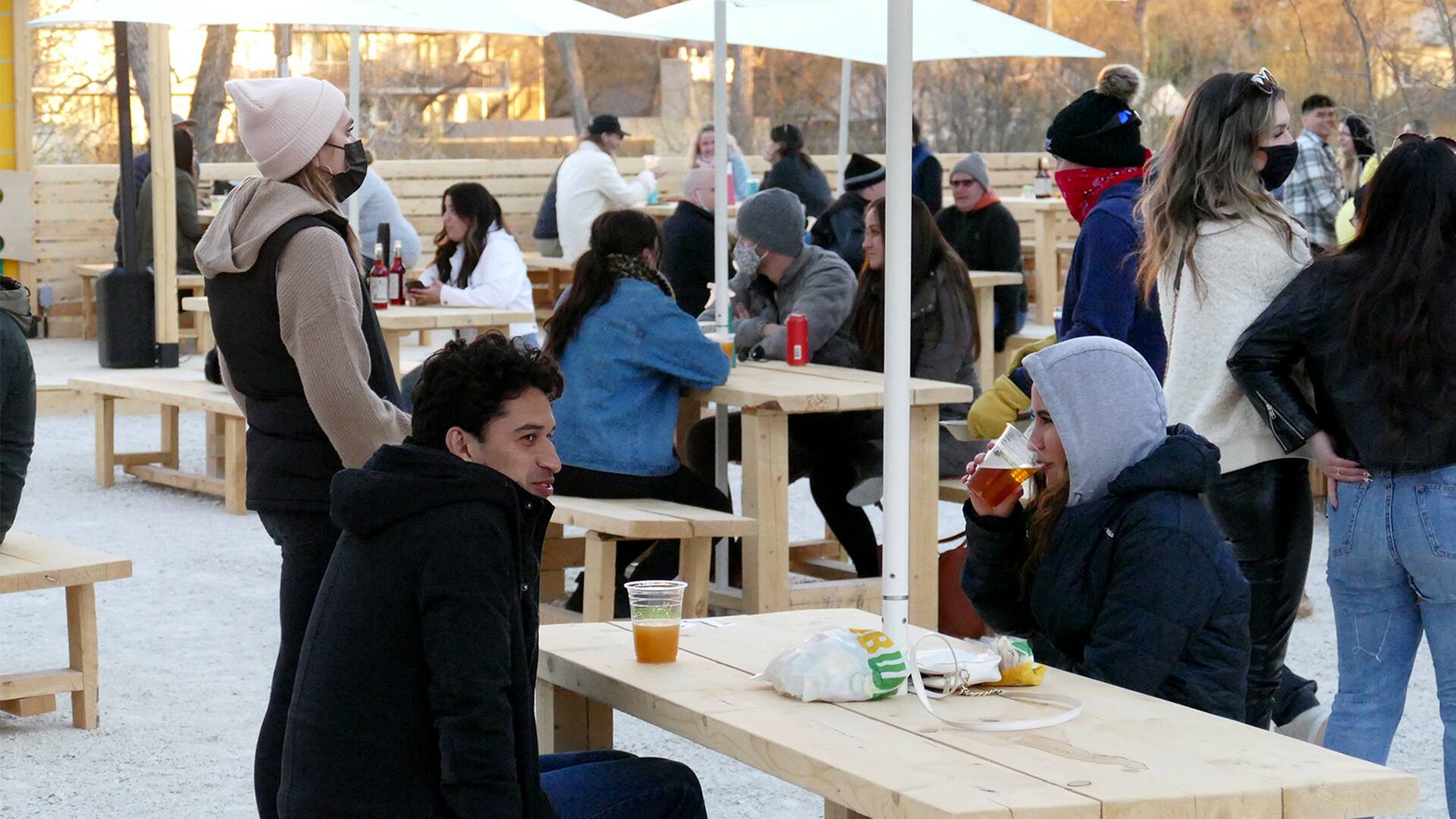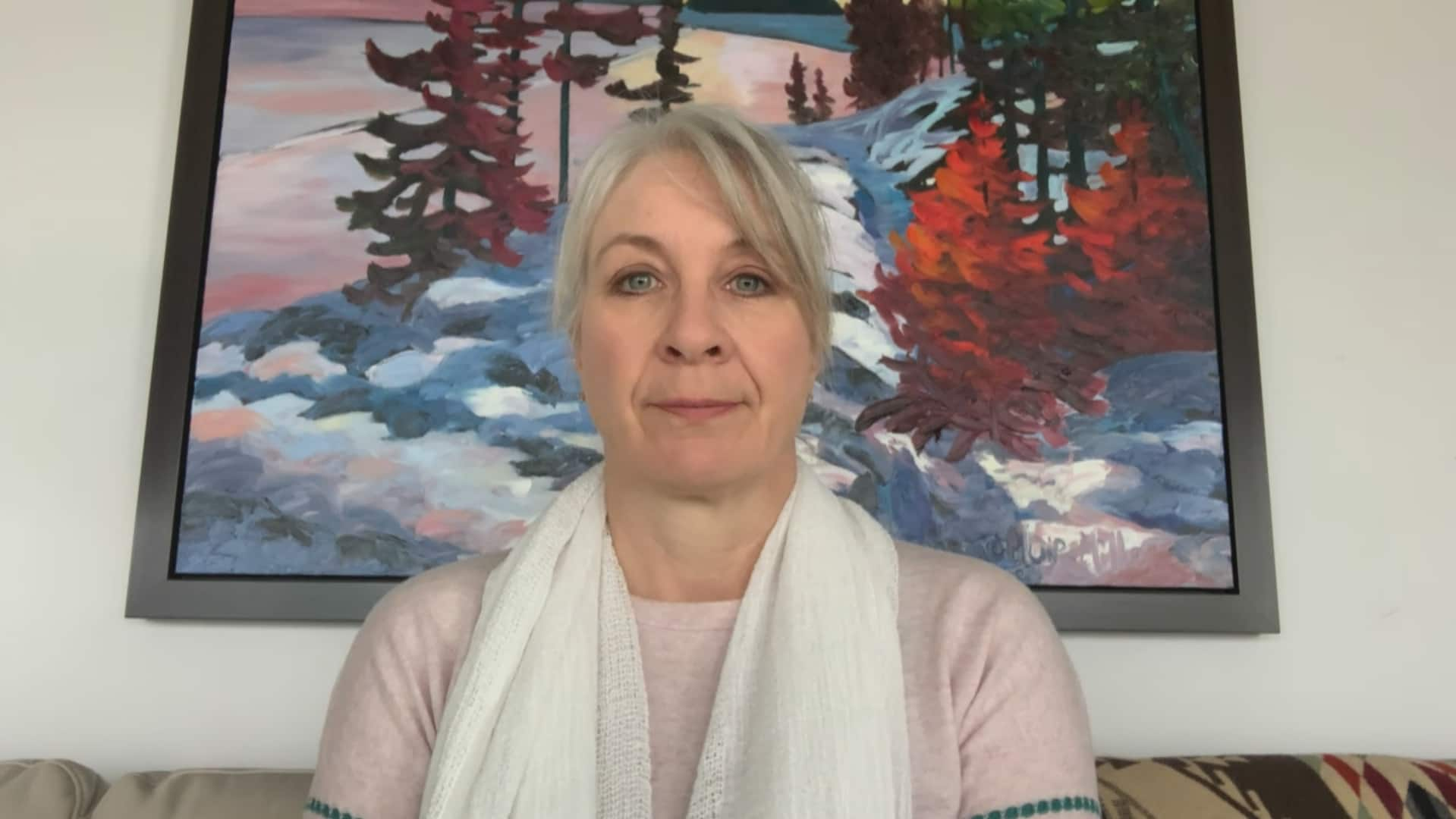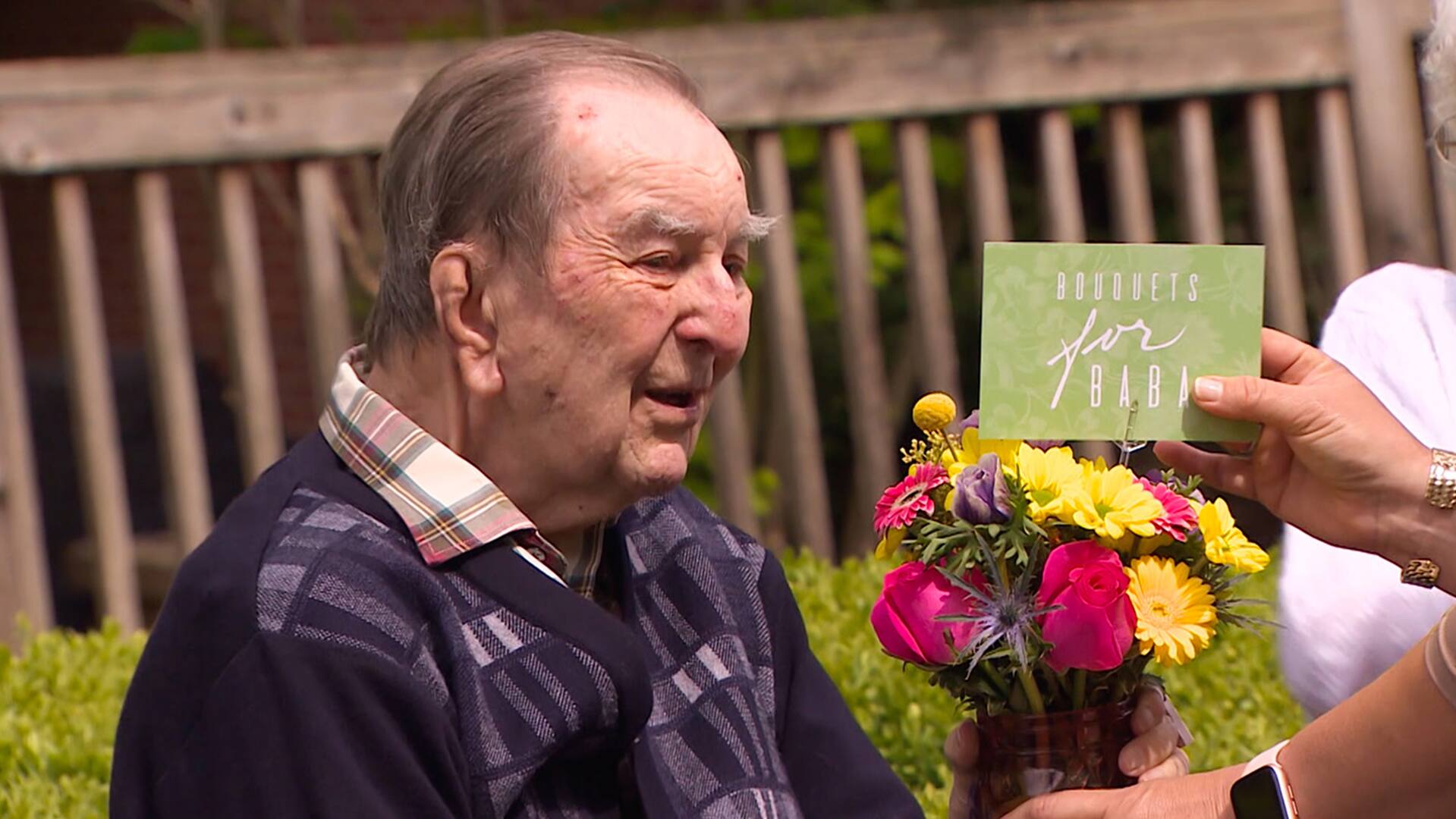Manitoba is closing classrooms in its two largest cities as the province’s top doctor says more needs to be done to slow community spread of COVID-19 and “break these transmission chains.”
With the second-highest COVID-19 case rate in the country, Manitoba is re-entering lockdown and moving schools online in some areas. Meanwhile, some Albertans remain defiant of new restrictions and Nova Scotia tightens its borders. 2:44
The latest:
- Manitoba announces COVID-19 supports for business as restrictions shut shops once again.
- Ontario sees 2,716 new COVID-19 cases, expands eligibility for vaccines.
- COVID-19 cases grow in Iqaluit’s vulnerable populations.
- How COVID-19 vaccines developed in China, Russia and elsewhere could impact the pandemic.
- 1st still best for vaccines, but ‘wouldn’t hesitate’ to nix unsafe product, health minister says.
- Saskatchewan released a roadmap to reopening after COVID-19. Should Ontario do the same?
- India scrambles to scale up care for COVID-19 patients amid fear of surge in northeast.
- Have a coronavirus question or news tip for CBC News? Email: Covid@cbc.ca or join us live in the comments now.
Manitoba is closing classrooms in its two largest cities as the province’s top doctor says more needs to be done to slow community spread of COVID-19 and “break these transmission chains.”
Manitoba on Sunday reported 531 new cases of COVID-19 and three additional deaths, all linked to the B117 variant first identified in the United Kingdom.
Dr. Brent Roussin, Manitoba’s chief provincial public health officer, said Sunday that while schools have done an “excellent” job protecting staff and students, officials are seeing “a great deal of community transmission right now.”
Students from kindergarten through to Grade 12 in Winnipeg and Brandon will move to remote learning as of Wednesday — and will stay out of class until May 30. Schools in the rest of the province remain open, but face tight protocols aimed at clamping down on COVID-19.
The measures were taken to try to “shorten the period that we’re going to have to endure this third wave,” Premier Brian Pallister said Monday as he faced questions about the province’s latest decisions, including the timing of the announcement of school closures and support measures for businesses.
“We’re not powerless in this,” said the premier, who urged people to follow the rules and get vaccinated as soon as possible.
‘Regular conversations’ between provinces, Ottawa
WATCH | Health Minister Patty Hajdu on vaccine safety, rapid tests and what’s happening in the provinces:
Health Minister Patty Hajdu talks to CBC’s chief political correspondent, Rosemary Barton, about how the government and citizens need to work together to prevent a fourth wave of COVID-19 and the role vaccines play in slowing the spread. 9:23
Alberta, which has implemented a range of new limits, including a shift to online learning, restrictions on retail and most recently closing restaurant patios and personal wellness services, on Sunday reported 1,633 new cases of COVID-19 and two additional deaths.
Health Minister Patty Hajdu told CBC’s Rosemary Barton this weekend that Ottawa is in “regular conversations with all of the provinces and territories about how we can best help them.”
Hajdu said that she is set to speak to her counterpart in Manitoba in the coming week, and noted that she recently spoke to Alberta Health Minister Tyler Shandro to reiterate the services Ottawa can offer.
-From CBC News and The Canadian Press, last updated at 12:45 p.m. ET
What’s happening across Canada
WATCH | The COVID-19 pandemic has left many seniors isolated from their friends and families. A British Columbia florist is helping bring a smile to their faces with free flowers:
The COVID-19 pandemic has left many seniors isolated from their friends and families. A British Columbia florist is helping bring a smile to their faces with free flowers. 3:27
As of 12:50 p.m. ET on Monday, Canada had reported 1,290,176 confirmed cases of COVID-19, with 80,027 considered active. A CBC News tally of deaths stood at 24,651.
Ontario on Monday reported 2,716 new cases of COVID-19 and 19 additional deaths. According to the province, hospitalizations stood at 1,632, with 828 people in ICU as a result of COVID-19.
Quebec, meanwhile, reported 662 new cases of COVID-19 on Monday and six additional deaths.
- Vaccine passport could be required for going to work, restaurants, Quebec’s economy minister says
Across the North, Nunavut on Monday reported seven new cases of COVID-19. Premier Joe Savikataaq said as of Monday, there were 70 active cases — all in Iqaluit. Health officials in the Northwest Territories and Yukon will provide updates on COVID-19 later Monday.
In Atlantic Canada, Nova Scotia reported 121 new cases of COVID-19 on Monday. Dr. Robert Strang, the province’s chief medical officer of health, and Premier Iain Rankin are set to hold a briefing later in the day.
- INTERACTIVE | Where is the coronavirus pandemic getting better or worse?
- Track how many people have been given the COVID-19 vaccine across Canada
New Brunswick reported six new cases of COVID-19 on Sunday, while Newfoundland and Labrador reported five new cases. There were no new cases reported in Prince Edward Island on Sunday.
Saskatchewan Premier Scott Moe said vaccinations and public co-operation with COVID-19 health restrictions mean the province can begin to loosen rules at the end of this month. The province is setting May 30 as the target date for the first step of its COVID-19 “Re-opening Roadmap.”
British Columbia health officials will provide updated figures covering the weekend later Monday.
-From CBC News and The Canadian Press, last updated at 12:50 p.m. ET
What’s happening around the world
As of early Monday morning, more than 158.3 million cases of COVID-19 had been reported worldwide, according to Johns Hopkins University’s coronavirus tracking tool. The reported global death toll was approaching 3.3. million.
In the Asia-Pacific region, Sri Lanka authorities are converting garment factories and other buildings for facilities to treat COVID-19 patients amid fears existing hospitals may run out of capacity. Armed forces are acquiring buildings in all parts of the country and converting them to hospitals to increase capacity, said army commander Gen. Shavendra Silva, head of the country’s COVID-19 operations centre.
Sri Lanka is experiencing a sharp surge in infections, reporting 2,000 new cases for the first time on Monday.
India will recruit hundreds of former army medics to support its overwhelmed health-care system, the defence ministry said on Sunday, as the country grappled with surging COVID-19 infections and deaths amid calls for a complete nationwide lockdown.
In Africa, South African President Cyril Ramaphosa has dedicated his weekly letter to the nation to the issue of waiving intellectual property rights on COVID-19 vaccines, saying it’s “necessary at this time” and “in direct response to an emergency.” Ramaphosa’s message reflects his country’s hope that the waiver, first proposed by South Africa and India, may still happen despite opposition from countries such as Germany. The idea is that waiving IP rights could encourage vaccine production by local manufacturers in the developing world.
- Trudeau non-committal on waiving intellectual property rights for COVID-19 vaccines
Ramaphosa writes that the Biden administration’s support for a waiver has given negotiations at the World Trade Organization “added momentum.” He compares the vaccine IP waiver issue to South Africa’s eventually successful fight two decades ago to ease IPs on life-saving antiretroviral drugs during the HIV/AIDS crisis.
“And once again, South Africa is waging a struggle that puts global solidarity to the test,” Ramaphosa wrote.
In the Middle East, the United Arab Emirates has announced it will bar airline passengers arriving from Bangladesh, Pakistan, Nepal and Sri Lanka starting May 12 until further notice, as concern mounts over a virus variant spreading in India.
In Europe, the European Union has not made any new orders for AstraZeneca vaccines beyond June when its contract ends, European Internal Market Commissioner Thierry Breton said, after the EU signed a deal with Pfizer-BioNTech.
In the Americas, the U.S. has long way to go to recover from the pandemic and many Americans are still struggling to return to work and last week’s lower-than-expected jobs numbers were a reflection of that, Commerce Secretary Gina Raimondo said on Sunday.
–From The Associated Press and Reuters, last updated at 11:50 a.m. ET
Have questions about this story? We’re answering as many as we can in the comments.




